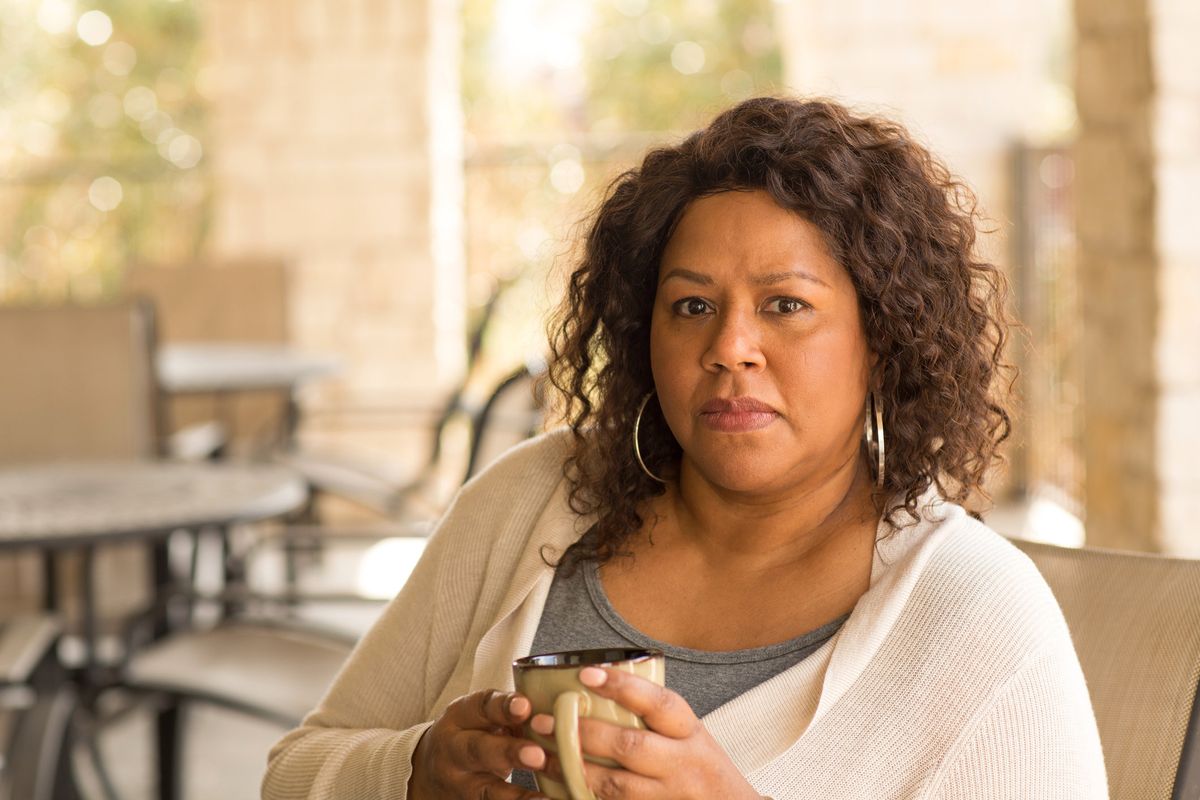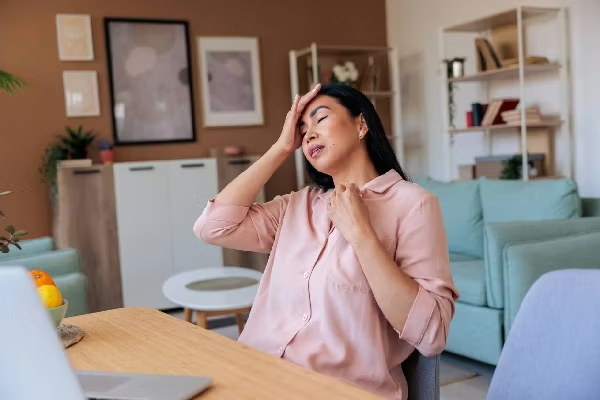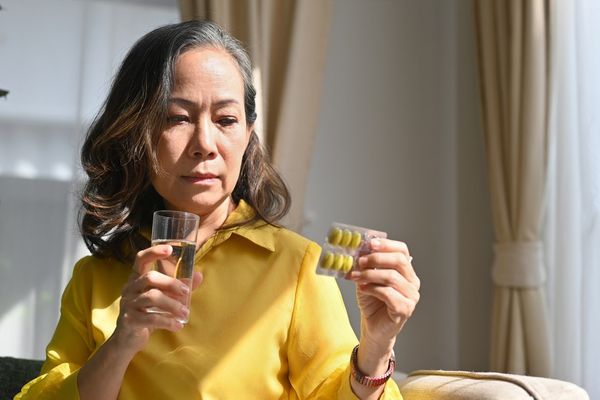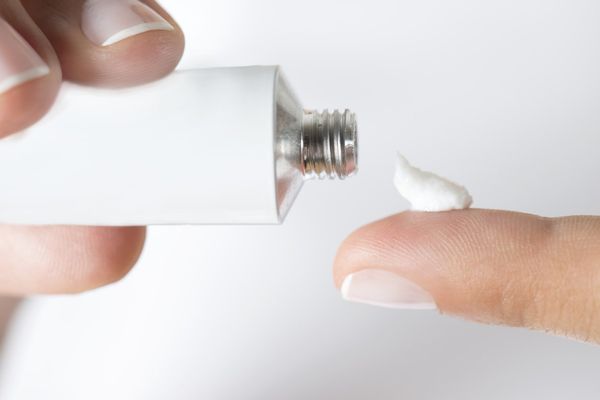At my most recent physical, I brought a long list of ailments to discuss. First up: waking every day with achy joints and muscles — despite going for long walks at least five days a week and lifting weights regularly. That was followed by loss of energy and weight gain. In short, since entering menopause in the past 12 months, I feel like I've aged about 10 years.
Aside from wanting to feel like my old (younger) self again, I was concerned about my risk for developing chronic diseases associated with menopause.
Prior to my appointment, I reached out to Dr. Mary Jane Minkin — a clinical professor in the Department of Obstetrics, Gynecology and Reproductive Sciences at the Yale University School of Medicine and a member of HealthyWomen's Women's Health Advisory Council — to learn about my risks.
She told me that the loss of estrogen due to menopause puts women at risk for a number of conditions: the two biggest are osteoporosis and cardiovascular disease, followed by diabetes and arthritis.
Osteoporosis
“With osteoporosis, what women need to understand is that our bones are constantly breaking down and rebuilding," explained Minkin. “Estrogen helps block the breakdown. When you go through menopause and lose estrogen, you have comparably more breakdown."
She added that you're still rebuilding, but not enough to compensate for the increase in breakdown, resulting in a net bone loss.
Menopausal women who smoke are at an even higher risk of getting osteoporosis, but Minkin said it's never too late to get the benefits of quitting. She also said we can decrease our risk by cutting down or eliminating alcohol, doing weight-bearing exercises and increasing our intake of calcium and vitamin D.
Minkin explained that when women go through menopause, they have a deterioration in their lipid profile. Their HDL, the good cholesterol, tends to go down, while their LDL and triglycerides (a type of fat found in blood) can go up — all of which increase the risk for heart and blood vessel disease.
“Even more important, estrogen is involved in relaxing blood vessels, so without the relaxing effect, blood pressure tends to go up a bit. Unfortunately, heart disease tends to go up a bit, too," Minkin said.
She added that heart disease generally occurs later in women than in men, illustrating the protective effect estrogen has on the heart and blood vessels.
The idea of getting heart disease in my 50s is pretty daunting, but Minkin assured me that my near daily walks are decreasing my risk.
“The most important thing is to exercise and maintain a healthy weight; they both go together," Minkin said. “Eat healthfully and try to exercise as best you can. And you want to be doing a combination of aerobic exercise and strength training."
When I mentioned that I take hour-long walks, she noted that it's not necessary to do all the walking at once.
“If you can get in three sets of 20 minutes or two sets of 30 minutes, that's good."
When it comes to using estrogen therapy to improve cardiovascular health, Minkin said the data are inconclusive. One 2014 study concluded that estrogen therapy decreased coronary heart disease in healthy women between 50 and 59 years old.
“It does seem to prevent it," Minkin said in reference to the study, “because these women are closer to menopause. If women are given estrogen as they go through menopause, it probably does prevent heart disease."
Diabetes & arthritis
A 2002 Women's Health Initiative study found that estrogen seems to delay the onset of diabetes, and further studies have shown that estrogen can decrease insulin resistance and glucose production. Weight is also a factor in the development of diabetes during the menopausal years.
“If a woman … [is overweight ] and she can either lose 50 pounds or take estrogen, I say losing 50 pounds is better for overall health," Minkin said, adding that the estrogen seems to help glucose metabolism. Weight loss also improves glucose metabolism.
The relationship between estrogen and arthritis is trickier, according to Minkin, who said that age is a huge variable. She explained that arthritis increases in men as they age just as in women, so it's hard to say that it's strictly an estrogen issue.
“There are women who go through menopause and develop significant arthritis — not related to lupus or rheumatoid arthritis or anything like that; they just seem to get achy with menopause," Minkin said.
That sounds like me. It also describes one of Dr. Minkin's patients, whom I'll call “Nancy" to protect her privacy. Nancy, 62, is an avid bicyclist, but about 10 years ago, she was having difficulty riding.
“I was having a lot of trouble with muscle pain, so much so that I couldn't even hold a piece of paper in my hand," Nancy told me recently. “I think my estrogen levels were going down, and I was getting increasingly debilitated."
Dr. Minkin put her on hormone replacement therapy (HRT), and Nancy saw improvement in two days.
“I started to feel less stiff and more able to be active — ride my bike, walk my dogs — and I generally felt better," Nancy, who is still on HRT, said.
Minkin told me that for many of her patients, estrogen relieves muscle pain. Still, some who develop arthritis don't find relief.
“It's probably some sort of osteoarthritis that just coincidentally started getting worse around the time of menopause," Minkin explained.
My conversation with Dr. Minkin empowered me to ask a lot of questions during my physical and to push for answers. My health care provider took a great deal of time with me, ordered a battery of tests and referred me to a gynecologist for a discussion about HRT.
In the meantime, I'm continuing my walks and trying to ignore the aches and pains.







